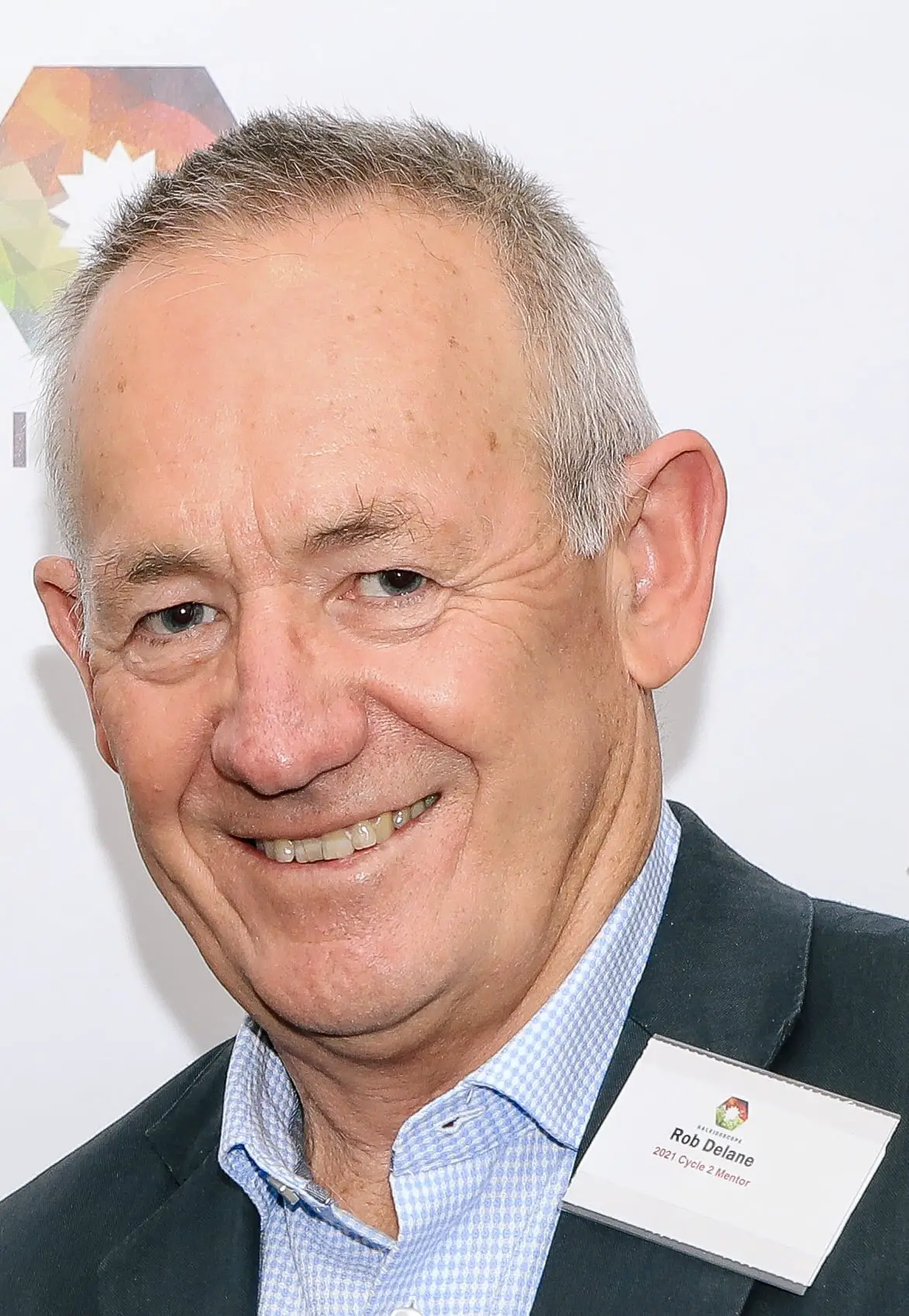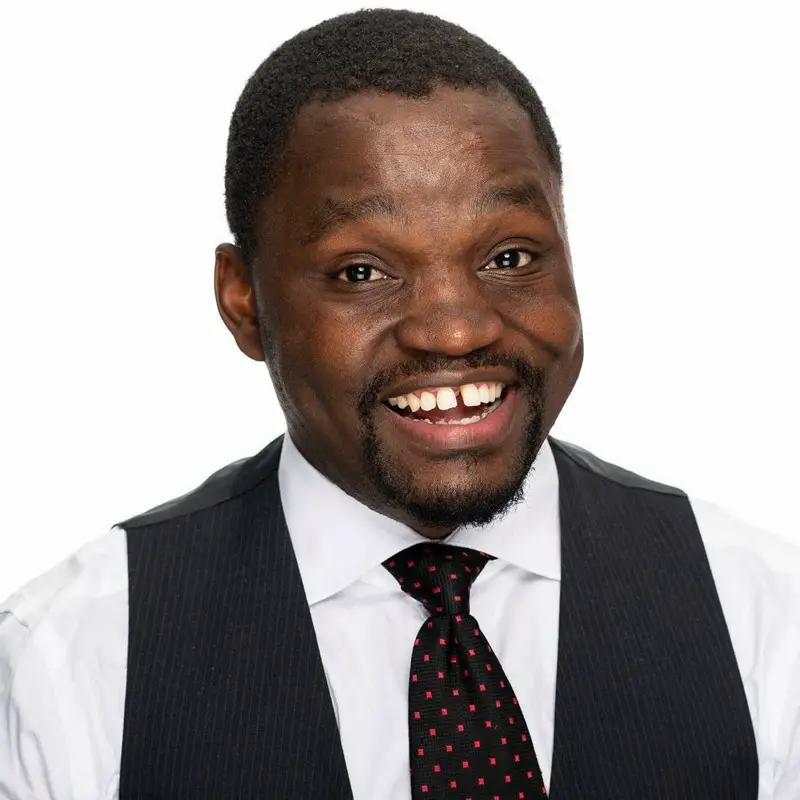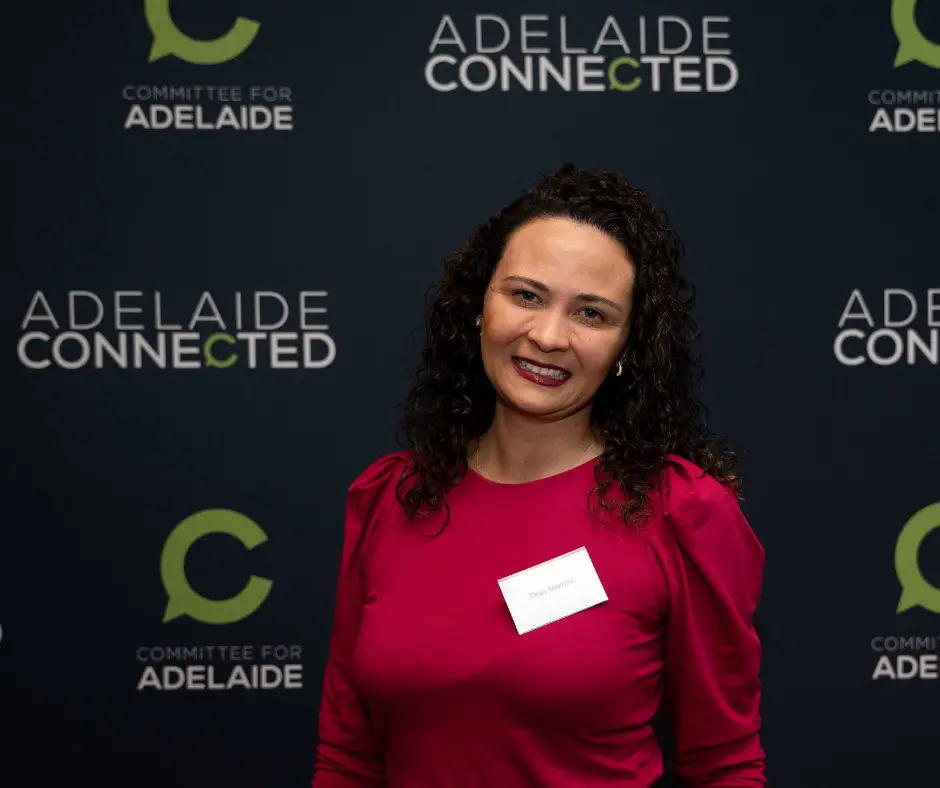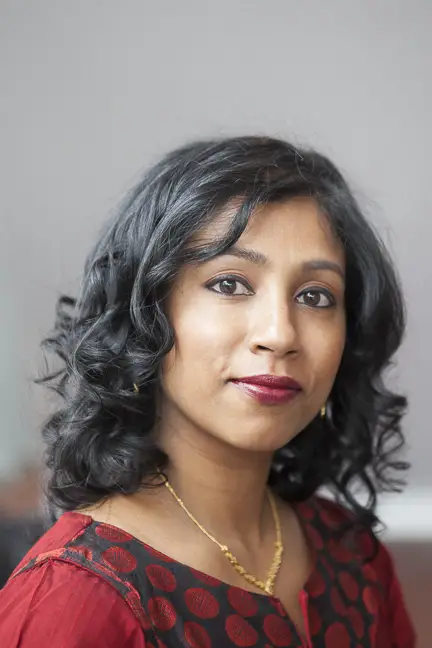Rob Delane’s distinguished 43-year career in public service, spanning key roles within the Western Australian and Australian Governments, reflects a lifetime commitment to governance and societal advancement. From directing the Department of Agriculture and Food in Western Australia to serving as the Deputy Secretary for Agriculture Fisheries on a national scale, Rob’s professional journey has been marked by strategic leadership and a profound impact on crucial sectors.
Beyond the corridors of official duty, Rob’s voluntary role as a mentor for skilled migrants stands as a testament to his enduring dedication to community building. Having mentored individuals from an impressive 21 countries, his commitment to fostering global talent underscores the interconnectedness of diverse communities.
Join us as we delve into Rob’s unique story and his experiences for ‘Hear From The Experts’
Rob’s linkedin profile: https://www.linkedin.com/in/rob-delane-consulting
Rob, can you share some of the most impactful moments from your 43-year career in public service, particularly those related to supporting migrant women and women of color in Australia?
Throughout my career, I’ve had the privilege of embarking on professional travels to numerous countries, predominantly in Asia and the Middle East. These experiences have cultivated in me a profound appreciation for the diverse skills harbored by individuals from across the globe. Witnessing firsthand the power of cultural diversity and international connections, particularly in fostering trade, international education, and skilled migration, has left an indelible mark on my perspective. Collaborating closely with local Consuls-General, diaspora communities, and business leaders, I’ve actively sought to identify and nurture opportunities that arise from these connections.
In the course of my public sector journey, steeped in international trade and education development, I’ve engaged extensively with local diaspora and assumed the role of a mentor. Drawing from these experiences, my observations crystallize around the challenges faced by Culturally and Linguistically Diverse (CaLD) migrants. It becomes evident that CaLD migrants encounter greater difficulties in securing suitable professional roles. Furthermore, the disparity deepens for CaLD female migrants, who often confront heightened obstacles in accessing positions commensurate with their qualifications and experience. The emotional and physical hurdles associated with migrating to a nation with a markedly different culture, particularly for CaLD women, amplify the challenges they face. My conviction solidifies that women of color can, and indeed do, make significant and valuable contributions to the (Western) Australian community if given the opportunities they rightfully deserve.
In the various capacities of my career, I’ve actively fostered workforce diversity. However, the journey also brought me face to face with the unconscious and conscious biases set against migrants, particularly those from Culturally and Linguistically Diverse backgrounds. In response, I delved into studying the cultural diversity of Australia and Western Australia, aiming to formulate strategies to contribute meaningfully to the success of newcomers to Australia. This endeavor represents not just a professional commitment but a personal mission to create an inclusive environment where the talents and potential of every individual, regardless of their background, can thrive.
As a senior in migrant support services, what are some common challenges that migrant women face in Australia, and how have you addressed or helped alleviate these issues throughout your career?
In summary, the challenges facing skilled migrants (especially women of colour) include: career gap, level of language skills, self-belief, quality of CV, skills in writing job applications against selection criteria (a recruitment approach almost unique to Australia), and interview skills.
The majority of skilled migrants mentored have been women, who have diverse professional backgrounds: social work, accounting, public policy, agriculture, business management, human resources, fashion design, speech pathology, IT/IS, urban planner, business lecturer, engineering, law, human health, entomology, environmental science, economics.
Recognising that the migration process and settling in a new nation is very challenging, Rob applies a lot of effort to building or re-building the self-belief of all mentees. This provides an essential foundation for the challenging process of preparing a high-quality resume’ and job applications. I spend as much time as needed to adequately understand the career background, qualifications, experience, skills and personal qualities of the mentees.
Every mentee is different; by personality, background, professional capability, and adverse experiences during job-seeking. I tailor the mentoring to suit the needs of each mentee, during the preparation of each resume’ and various job applications, letters, etc. Where requested, I have also assisted with mock interviews and interview techniques.
Increasingly, I am supporting mid-career migrant women who are encountering racial, cultural, gender and other biases in the delivery of their professional roles, and advancement of their careers.

With your extensive background in leadership and policy, what policy changes or innovations do you believe are essential to further support and integrate skilled migrants into the Australian community?
Australia has a fantastically successful migration attraction strategy, which has generally been very good at attracting talented people with the skill sets needed in Australia (though there have been some unhelpful and clumsy differences between Australian states). That is, the national ‘attraction’ and ‘recruitment’ process.
There have been uneven, limited and often disconnected policies and processes in place across jurisdictions that assist skilled migrants to secure appropriate professional jobs reasonably quickly. In some jurisdictions, governments have expended significant resources attracting further skilled migrants, when significant numbers of similarly skilled migrants already in Australia have not been assisted into relevant jobs. That is, the national ‘on-boarding’ and ‘induction’ policies and processes for skilled migrants have been uneven and inadequately effective.
Rob, In your volunteer roles, what are some of the key challenges you’ve encountered, and how do you navigate these challenges to continue providing valuable support to migrants and the broader community?
There are 3 significant issues that impede mentoring of skilled migrants:
- Limited number, coverage and longevity of formal migrant mentoring programs
- Most funded programs are generally more process-driven that outcome-driven, and often do not target the specific needs of each mentee
- The fragmentation of mentoring programs (formal, plus informal) means that there is poor development of mentor-alumni and mentee-alumni networks, limiting the sustainability of (supported) volunteer mentoring.
My volunteer mentoring focuses strongly on the widely varying needs of each mentee, and is job-success focused (staying in place until the mentee secures a job, or is confident in tackling the job market). Where practical, I connect with and support others in our community who provide professional or volunteer mentoring/ coaching services for migrant newcomers.
The issue of name changes for easier reference has been discussed in various contexts. What are your thoughts on the impact of encouraging or even subtly pressuring migrants to adopt more “pronounceable” names, and how does it relate to cultural identity preservation?
Foreign names that are difficult to spell and pronounce can still be a significant impediment with some employers and individuals. I discuss potential name issues with most mentees. Many have already adopted an abbreviated version of their personal (first) name or an English first name (with both usually appearing on their CV). Most skilled migrants are very reluctant to change their family name. Where a mentee is keen to amend their name for job-seeking purposes, or adopt an English name, I will sometimes assist them in selecting an English name that allows them to retain some link with their culture/ hometown/ family.
Australia’s multicultural landscape is rich and diverse. How do you think the perception of the “Aussie accent” affects the acceptance and inclusion of migrants, and have you encountered instances where language or accent became a significant barrier for individuals?
Firstly, it is worth noting that quite a lot of migrant newcomers have excellent oral and written English skills, assisted strongly by English being an official language in their home country (eg Singapore, India, Philippines, India, Kenya, Zambia, Nigeria). Heavy accents, quite different from Australian accents can significantly impede some migrants. Language structure that is very different from English, combined with cultural-driven humility, can make it very difficult for some migrants to promote their capabilities against selection criteria in their job application.
In your mentoring initiatives, do you find that there are specific skills or qualifications that are undervalued or overlooked in skilled migrants? How can perceptions be shifted to fully recognize and leverage the diverse talents that migrants bring to the Australian workforce?
My observation is that there are 2 issues in this area:
- It seems that too many recruiters/ employers make assumptions about the capabilities of their new migrant employee, based on their experience with apparently similar Australia experiences, roles, etc – whereas, their new recruit may have exceptional or quite different skills and experiences to bring to their new employer
- Many employers still appear to undervalue the benefits of a diverse workforce, despite rapidly expanding international evidence that organisations benefit from recruitment and nurturing of a diverse workforce.
Thank you Rob for your valuable insights.
Rob’s linkedin profile: https://www.linkedin.com/in/rob-delane-consulting
For more stories, https://australiamovingplan.com/category/hear-from-the-experts/






